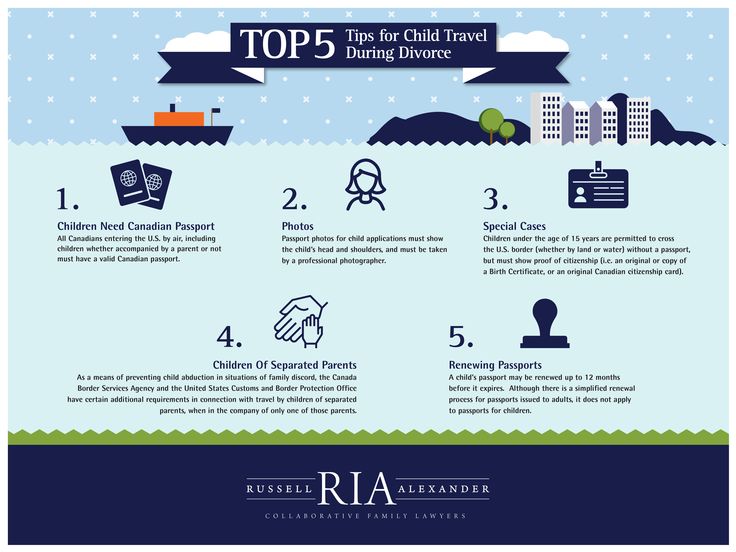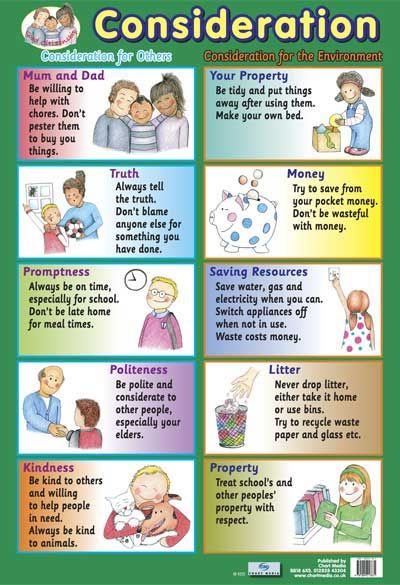How can you help a gifted child
8 Ways to Support Your Gifted Child
When you first start to realise that your child is brighter than their peers – whether it’s hitting developmental milestones early, or reaching for toys and games that you wouldn’t yet expect them to understand – it can feel like you’ve won the lottery of parenthood.
But of course, it’s not so straightforward. Raising a gifted child can feel like a lot of responsibility; supporting them, and ensuring that they reach their full potential, can be harder when they have a lot more potential than most children to reach! Other challenges might include them becoming bored more easily than their peers, and fast outgrowing your resources to support them in their learning. Additionally, a lot of resources for parents of gifted children focus on the early learning stages, and don’t provide much help on continuing to support them as older children and teenagers.
In this article, we take a look at what you can do to ensure that your gifted child is supported, encouraged, and above all, happy.
1. Encourage them to do things they’re bad at
This is probably the advice given most frequently to parents of gifted children, and yet, it can be among the hardest tips to follow. It doesn’t come naturally to us – especially if we have other children who are less gifted – to encourage our child to do things they’re bad at. In general, as a society, we unconsciously categorise activities into those it’s OK to be bad at, and those it’s not. No one would ever question the idea that someone might enjoy a game of football at the weekends even if they’re never going to be a professional-standard player, but there’s something unusual about a person who writes endless novels that they know will never be good enough to be published.
It is especially important for gifted children to be able to have fun outside of their usual comfort zone.This approach can spill over into the way we approach people’s hobbies; and children’s especially. After a certain age, you naturally encourage them towards the things they’re good at, and away from the things they’re not, and that’s perfectly fine for most people.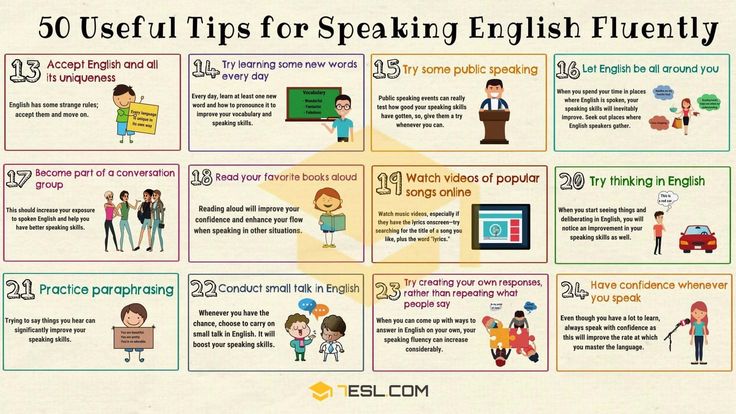 But gifted children – especially those who are not only academically talented, but also skilled in another area, such as music or sport – need activities in which they are under less pressure to succeed, and where they might experience failure.
But gifted children – especially those who are not only academically talented, but also skilled in another area, such as music or sport – need activities in which they are under less pressure to succeed, and where they might experience failure.
For one thing, if they don’t have these opportunities, when they do eventually encounter other things in life where they can’t succeed easily (when they go to university is often the time when this kicks in), they will find it much more disheartening. For another, few people’s enjoyment in life comes solely from the activities that they are outstanding at; it’s good to know that you can have fun at something even if you’ll never be the best at it, and this can be a message that gifted children miss out on.
2. Give them the tools they need to succeed
This is something that you would do for any child, regardless of their level of ability, but for gifted children it can take a bit more thought. In many cases, it can simply mean a bit more independence, such as a library card and the freedom to read whatever they like (and if that means twenty books on the same niche subject in a row, so be it). It may mean peace and quiet to get on with their studies or to take a break from working hard. It may mean the museum visits or talks that you would consider to encourage any child’s interests, but at a higher intellectual level than you might naturally choose.
It may mean peace and quiet to get on with their studies or to take a break from working hard. It may mean the museum visits or talks that you would consider to encourage any child’s interests, but at a higher intellectual level than you might naturally choose.
It could also be a bit more complicated or expensive than this. It might mean hiring a tutor to provide them with lessons that stretch them more than those they are given at school, or to teach them subjects that they wouldn’t otherwise have the chance to study. It might mean sending them to a summer school course in order that they can not only receive lessons pitched nearer to the level of their abilities, but also socialise with peers at a similar level to them. Membership of groups such as Young Mensa may also be worth considering.
3. Get help if you need it
You may find that other families with gifted children are a great place to start.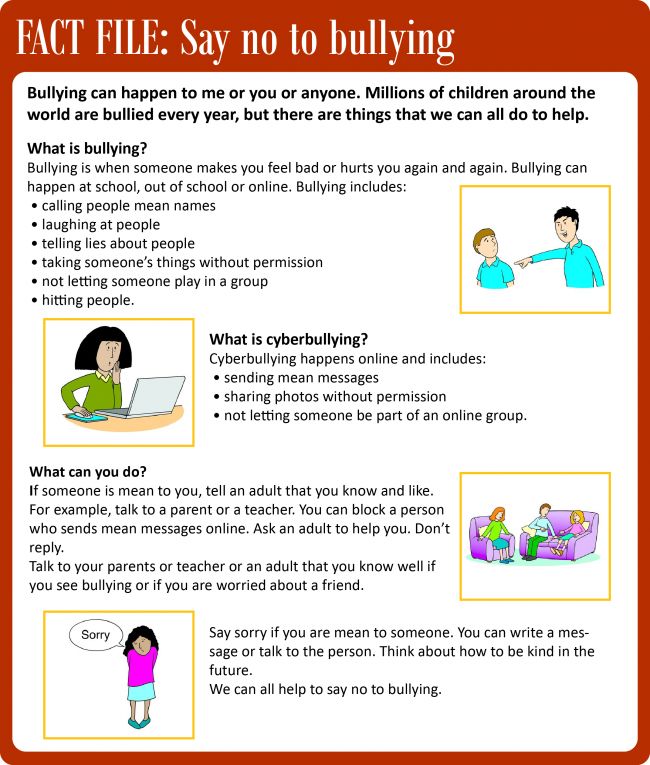
Remember that being gifted is in many countries considered a ‘special education need’, just as being autistic or having learning difficulties might be. Having a gifted child is usually easier than most other special educational needs but as we discussed above, that’s not to say that it’s easy. However lucky you feel, you might still find yourself struggling – and under those circumstances, it’s OK to see where you can get help. If you are employing a tutor or sending your child to a summer school, they might well have additional ideas. Your child’s school might also be able to provide you with support.
But it’s not just about finding the right support for your child; it’s also about having a good support network available for yourself. That might mean looking at joining forums with other parents of gifted children, where you can share ideas and vent frustrations. Alternatively, if you’re in a big city, there might even be an in-person meet-up group for parents of gifted children.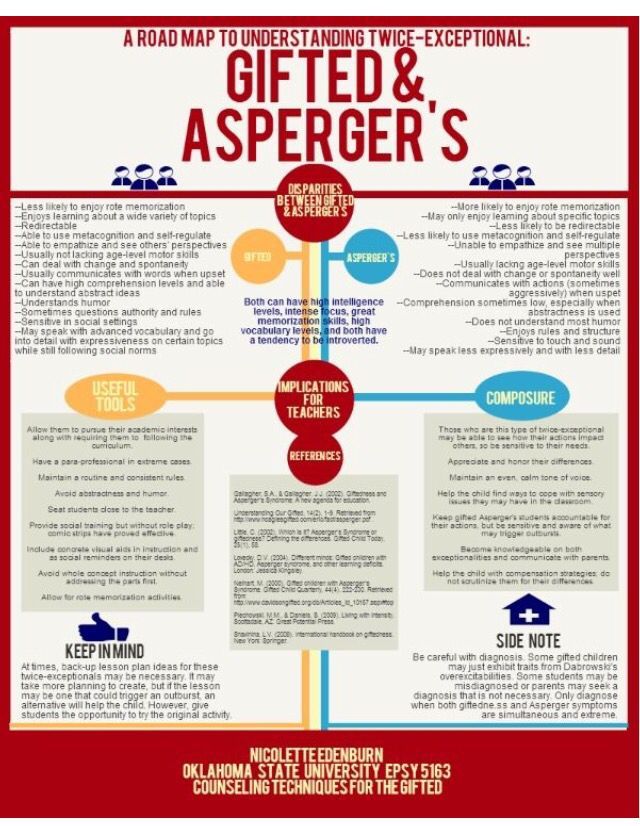 Simply knowing that other people have encountered the same difficulties as you have can be very reassuring, especially if your friends who are parents wish that they were lucky enough to have these kinds of problems.
Simply knowing that other people have encountered the same difficulties as you have can be very reassuring, especially if your friends who are parents wish that they were lucky enough to have these kinds of problems.
4. Don’t assume they’ll always be gifted
Children’s brains, like their bodies, grow at different rates.It’s natural to think that once a genius, always a genius, and it is the case that many gifted children grow into gifted teenagers who become gifted adults. But being gifted can be a bit like being tall. A tall five-year-old with tall parents is more likely to become a tall adult than their shorter peers, but it could also simply be that they got a growth spurt earlier than their friends, and they’ll all end up at roughly the same height in a few years’ time. Your child could simply be having an intellectual growth spurt that won’t necessarily mean they will be academically outstanding for the rest of their lives.
This means that if your child starts to show signs of being gifted – especially if it’s at a relatively late stage in their school career – you shouldn’t start to make assumptions about what this will mean for them in future.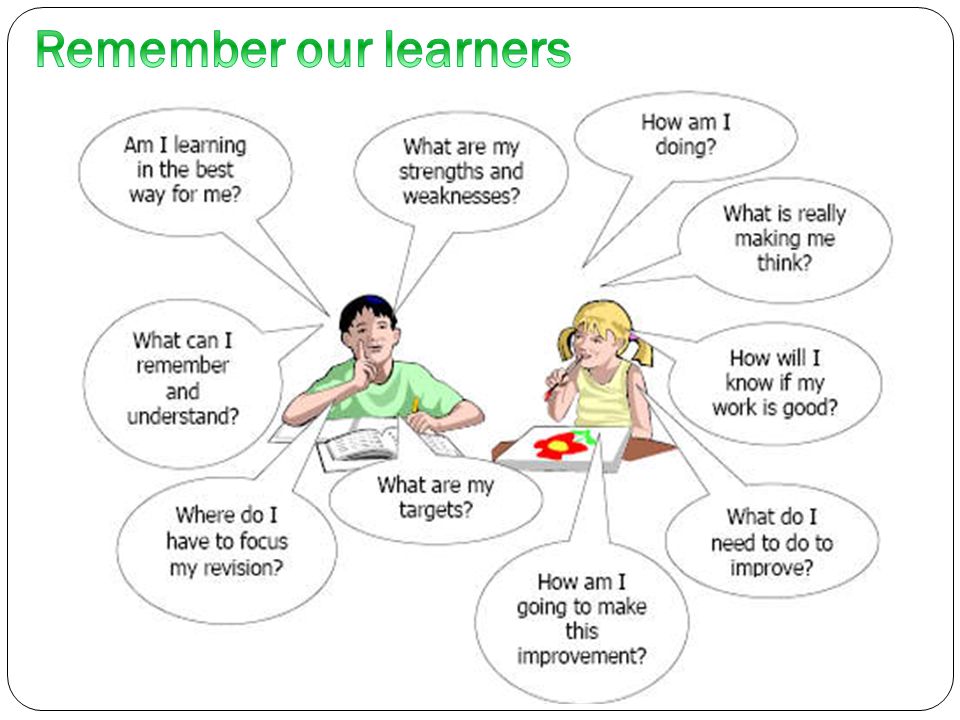 You also shouldn’t encourage them to make assumptions either. Even if their academic performance has remained consistently high for some time, it’s worth remembering that standing out in school doesn’t necessarily translate to standing out at the kind of university they might now be aiming for. On a practical level, this can also mean making university plans with a good backup option available; giving themselves options if they don’t quite make the grades they thought they would.
You also shouldn’t encourage them to make assumptions either. Even if their academic performance has remained consistently high for some time, it’s worth remembering that standing out in school doesn’t necessarily translate to standing out at the kind of university they might now be aiming for. On a practical level, this can also mean making university plans with a good backup option available; giving themselves options if they don’t quite make the grades they thought they would.
5. Provide intellectual challenges
Don’t forget to allow time for play, too.Gifted children can be prone to coasting, which makes complete sense. After all, even if their teacher is unusually good at providing work for all ability levels, they have probably had to put less effort in than their peers to produce good work. This naturally leads to complacency, even if it’s only recently become clear that they’re gifted (knowing that they don’t need to work hard is not much different from knowing that they don’t need to work as hard any more). You can help by provide them with intellectual challenges; not just work that is harder, but also with things to do that are intellectually stimulating in different ways. This could be something like learning a language that isn’t taught at school.
You can help by provide them with intellectual challenges; not just work that is harder, but also with things to do that are intellectually stimulating in different ways. This could be something like learning a language that isn’t taught at school.
Having said that, there’s tendency among parents of gifted children to schedule lots and lots of hours of additional lessons, and that’s to be avoided too. You don’t want to ruin your child’s joy in learning by leaving them with no free time to do anything else. Where you draw the line between the two is hard to say, but it’s important to make sure that your child can also learn independently, rather than just when they have been pushed to do so by things that you have planned for them.
6. Avoid comparisons where possible
It is particularly important to avoid comparisons with other siblings, whether favourable or otherwise.It’s natural to compare yourself to others, no matter your age, and children are especially prone to doing this in unsubtle ways when they’re younger.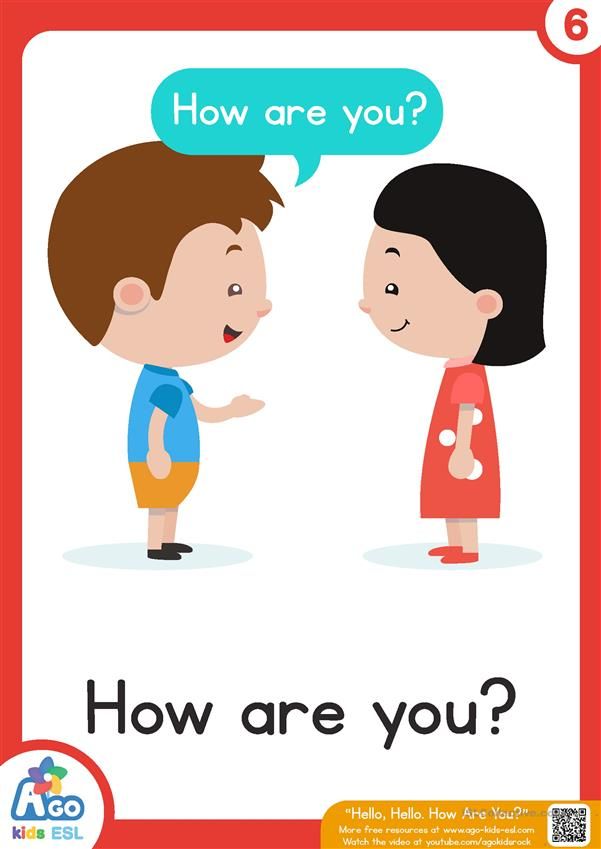 If your child is gifted, they’re naturally going to be aware of being brighter than their peers and they might try to get you to help them figure out the ways in which they are different. While you shouldn’t lie to them, it’s best to try to discourage this sort of approach where you can, and certainly don’t encourage it by making comparisons yourself. They might be inclined to pigeonhole themselves as the smart one, in comparison with their friend the pretty one, and their other friend the sporty one, but this kind of thinking is limiting (and often insulting to the friends who might not enjoy being categorised in this way).
If your child is gifted, they’re naturally going to be aware of being brighter than their peers and they might try to get you to help them figure out the ways in which they are different. While you shouldn’t lie to them, it’s best to try to discourage this sort of approach where you can, and certainly don’t encourage it by making comparisons yourself. They might be inclined to pigeonhole themselves as the smart one, in comparison with their friend the pretty one, and their other friend the sporty one, but this kind of thinking is limiting (and often insulting to the friends who might not enjoy being categorised in this way).
Similarly, don’t invite comparisons with yourself or other family members, especially siblings who might not be as bright. It’s a rapid way to cause your other children to feel inferior and your gifted child possibly to develop feelings of superiority that aren’t warranted.
7. Be open-minded about their choice of friends
Try to encourage a healthy social life where you can.
One of the things that can be most difficult about growing up gifted is being isolated from your peers. You might notice that your child finds it hard to relate to the other children in their class, whether that’s in terms of the hobbies they’re interested in or simply what they prefer to talk about. The end result is that they might find it hard to make friends, and when they do, you might not be delighted about who those friends are. In particular, you might find that they make friends with older people more easily than people of the same age as themselves; possibly they might feel that they have more in common with them. That can be quite alarming, especially if you’re well aware that your child’s emotional maturity is more in line with their age than their intellect is.
Try to be open-minded about this if you can, as your child might not encounter all that many people who they can relate to. That’s not to say that you shouldn’t be wary, as older friends might try to take advantage of your child, gifted or not – and it’s particularly important to be cautious if your child is at an age when these friendships might turn into relationships.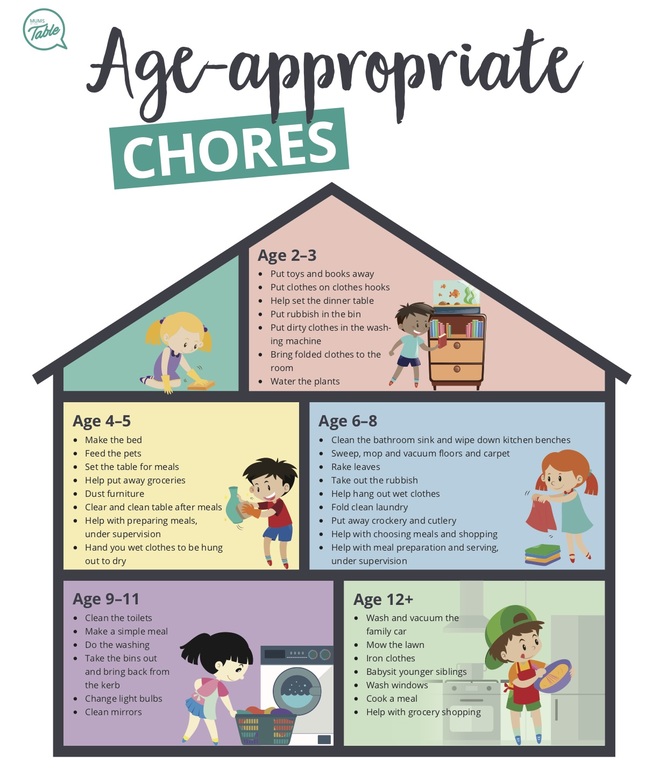 However, don’t let reasonable caution get in the way of your child having a healthy social life with friends that they can relate to.
However, don’t let reasonable caution get in the way of your child having a healthy social life with friends that they can relate to.
8. Be honest with them about their abilities
Some parents of gifted children endeavour to keep a full understanding of their abilities from them, such as withholding the results of an IQ test, in case it leads to big-headedness. But it’s likely that your child already knows that they are unusual; putting a number on it and being open with them will not do any harm.
It is important for your child to acknowledge other skills besides their own.It’s just as important, though, to let them know the limits of what being gifted means; that no one has ever got a job solely on the basis of being gifted at school, and that they will have to work hard if they want to make the most of their abilities, just like anyone else. Coming to realise that charm, charisma, business acumen and various other talents unrelated to intelligence can contribute as much or more to someone’s success as their raw intelligence is hugely important, not just for your child’s own development but also for their appreciation of the skills and value of others. You don’t want it to come as a shock the first time they’re passed over for a job or other opportunity in favour of someone less intelligent but more skilled in other areas. Combining confidence with humility can be challenging for anyone, especially those who have grown up gifted, but with your support, your child can and will become a happy, fully-rounded adult.
You don’t want it to come as a shock the first time they’re passed over for a job or other opportunity in favour of someone less intelligent but more skilled in other areas. Combining confidence with humility can be challenging for anyone, especially those who have grown up gifted, but with your support, your child can and will become a happy, fully-rounded adult.
Image credits: girl in forest; painting; ice hockey; girl in museum; boys playing; greenery; playing with robot; siblings; friends with phone; chess pieces
Myths about Gifted Students | National Association for Gifted Children
Home » Myths about Gifted Students
“Gifted students will do fine on their own.” “Gifted programs are elitist.”
These and other myths prevent our country from appropriately educating millions of advanced students.
NAGC compiled a list of the most prevalent myths in gifted education with evidence rebutting each of them.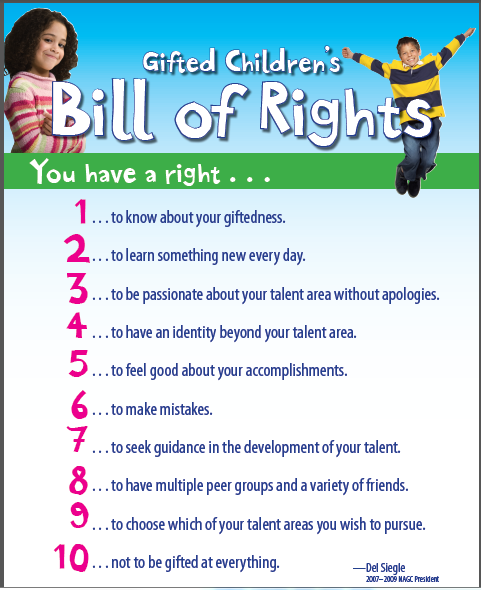 This list was developed from a longer list of myths explored in a special of Gifted Child Quarterly (GCQ) in the Fall of 2009. NAGC Members can read the full issue of GCQ via the SAGE website
This list was developed from a longer list of myths explored in a special of Gifted Child Quarterly (GCQ) in the Fall of 2009. NAGC Members can read the full issue of GCQ via the SAGE website
How many of these myths have hindered you, your child, and/or your school in the pursuit of a challenging education for advanced students?
| Myth: | Gifted Students Don’t Need Help; They’ll Do Fine On Their Own |
| Truth: | Would you send a star athlete to train for the Olympics without a coach? Gifted students need guidance from well-trained teachers who challenge and support them in order to fully develop their abilities. Many gifted students may be so far ahead of their same-age peers that they know more than half of the grade-level curriculum before the school year begins. Their resulting boredom and frustration can lead to low achievement, despondency, or unhealthy work habits. |
| Myth: | Teachers Challenge All The Students, So Gifted Kids Will Be Fine In The Regular Classroom |
| Truth: | Although teachers try to challenge all students they are frequently unfamiliar with the needs of gifted children and do not know how to best serve them in the classroom. A national study conducted by the Fordham Institute found that 58% of teachers have received no professional development focused on teaching academically advanced students in the past few years and 73% of teachers agreed that “Too often, the brightest students are bored and under-challenged in school – we’re not giving them a sufficient chance to thrive. This report confirms what many families have known: not all teachers are able to recognize and support gifted learners.1 |
| Myth: | Gifted Students Make Everyone Else In The Class Smarter By Providing A Role Model Or A Challenge |
| Truth: | Average or below-average students do not look to the gifted students in the class as role models. |
| Myth: | All Children Are Gifted |
| Truth: | All children have strengths and positive attributes, but not all children are gifted in the educational sense of the word. The label “gifted” in a school setting means that when compared to others his or her age or grade, a child has an advanced capacity to learn and apply what is learned in one or more subject areas, or in the performing or fine arts. This advanced capacity requires modifications to the regular curriculum to ensure these children are challenged and learn new material. Gifted does not connote good or better; it is a term that allows students to be identified for services that meet their unique learning needs. |
| Myth: | Acceleration Placement Options Are Socially Harmful For Gifted Students |
| Truth: | Academically gifted students often feel bored or out of place with their age peers and naturally gravitate towards older students who are more similar as “intellectual peers.” Studies have shown that many students are happier with older students who share their interest than they are with children the same age.3 Therefore, acceleration placement options such as early entrance to Kindergarten, grade skipping, or early exit should be considered for these students. |
| Myth: | Gifted Education Programs Are Elitist |
| Truth: | Gifted education programs are meant to help all high-ability students. Gifted learners are found in all cultures, ethnic backgrounds, and socioeconomic groups. However, many of these students are denied the opportunity to maximize their potential because of the way in which programs and services are funded, and/or flawed identification practices. |
| Myth: | That Student Can't Be Gifted, He Is Receiving Poor Grades |
| Truth: | Underachievement describes a discrepancy between a student’s performance and his actual ability. The roots of this problem differ, based on each child’s experiences. Gifted students may become bored or frustrated in an unchallenging classroom situation causing them to lose interest, learn bad study habits, or distrust the school environment. |
| Myth: | Gifted Students Are Happy, Popular, And Well Adjusted In School |
| Truth: | Many gifted students flourish in their community and school environment. However, some gifted children differ in terms of their emotional and moral intensity, sensitivity to expectations and feelings, perfectionism, and deep concerns about societal problems. Others do not share interests with their classmates, resulting in isolation or being labeled unfavorably as a “nerd.” Because of these difficulties, the school experience is one to be endured rather than celebrated. |
| Myth: | This Child Can't Be Gifted, He Has A Disability |
| Truth: | Some gifted students also have learning or other disabilities.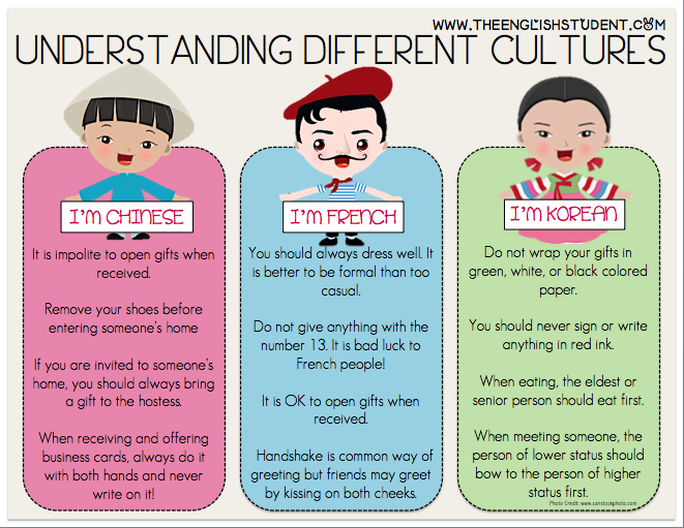 These “twice-exceptional” students often go undetected in regular classrooms because their disability and gifts mask each other, making them appear “average.” Other twice-exceptional students are identified as having a learning disability and as a result, are not considered for gifted services. In both cases, it is important to focus on the students’ abilities and allow them to have challenging curricula in addition to receiving help for their learning disability.4 These “twice-exceptional” students often go undetected in regular classrooms because their disability and gifts mask each other, making them appear “average.” Other twice-exceptional students are identified as having a learning disability and as a result, are not considered for gifted services. In both cases, it is important to focus on the students’ abilities and allow them to have challenging curricula in addition to receiving help for their learning disability.4 |
| Myth: | Our District Has A Gifted And Talented Program: We Have AP Courses |
| Truth: | While AP classes offer rigorous, advanced coursework, they are not a gifted education program. The AP program is designed as college-level classes taught by high school teachers for students willing to work hard. The program is limited in its service to gifted and talented students in two major areas: First AP is limited by the subjects offered, which in most districts is only a small handful. Second it is limited in that, typically, it is offered only in high school and is generally available only for 11th and 12th grade students. The College Board acknowledges that AP courses are for any student who is academically prepared and motivated to take a college-level course. Second it is limited in that, typically, it is offered only in high school and is generally available only for 11th and 12th grade students. The College Board acknowledges that AP courses are for any student who is academically prepared and motivated to take a college-level course. |
| Myth: | Gifted Education Requires An Abundance Of Resources |
| Truth: | Offering gifted education services does not need to break the bank. A fully developed gifted education program can look overwhelming in its scope and complexity. However, beginning a program requires little more than an acknowledgement by district and community personnel that gifted students need something different, a commitment to provide appropriate curriculum and instruction, and teacher training in identification and gifted education strategies. |
View this video on Myths in Gifted Education produced by teens in the Baltimore County (MD) Public Schools for the Maryland State Department of Education
Read an overview of the Myths by Don Treffinger that appeared in the fall issue of Teaching for High Potential.
Read about Jacob K. Javits Grant to Purdue University to extend research showing when gifted students are clustered together, all children perform better.
1Farkas, S. & Duffet, A. (2008). Results from a national teacher survey. In Thomas B. Fordham Institute, Highachievement students in the era of NCLB (p. 78). Washington, DC: Author. http://www.edexcellence.net/publications/high-achieving-students-in.html
2Fiedler, E.D., Lange, R. E., Winebrenner, S. (1993). In search of reality: Unraveling the myths about tracking, ability grouping, and the gifted. Roper Review, (16), 4-7.
3Colangelo, N., Assouline, S. G., & Gross, M.U.M. (2004). A nation deceived: How schools hold back America's brightest students. Iowa City: University of Iowa.
4Olenchak. F. R., & Reis, S. M. (2002) Gifted students with learning disabilities. In M. Neihart, S. M. Reis, N. Robinson, and S. Moon (Eds.), The Social and Emotional Development of Gifted Children (pp.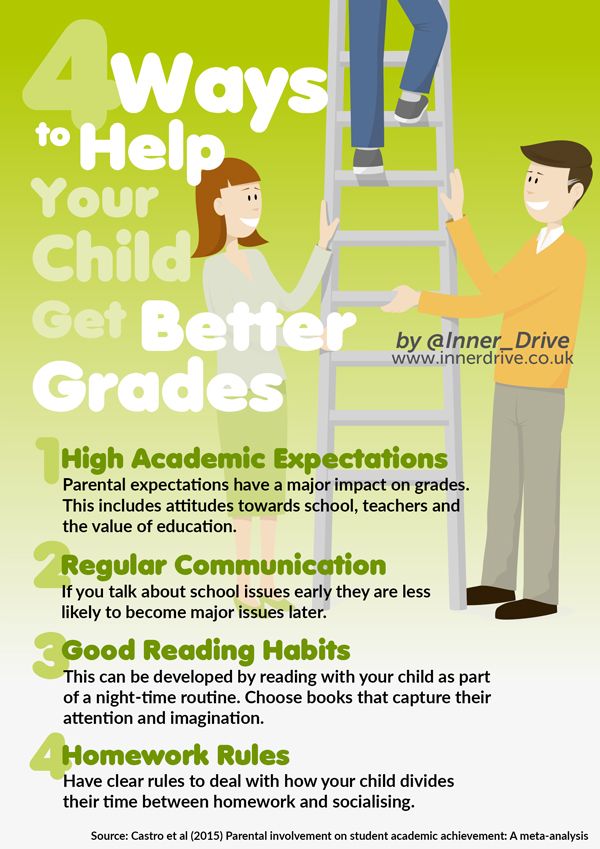 177-192). Waco TX: Prufrock Press.
177-192). Waco TX: Prufrock Press.
Gifted child: how to help him?
Recommendations for parents of gifted children
"Gifted child: how to help him?"
To ease your parenting worries and help you find joy in raising your gifted children, we've compiled some of the most valuable tips and tricks here.
Take a look at your children. Look into their eyes. Maybe you have a unique gifted child in front of you? nine0003
Many famous scientists, musicians, artists showed their outstanding abilities at an early age. Everyone knows the outstanding successes in the childhood of A. Pushkin, I. Mechnikov. F. Mendelssohn and others. It is no secret that gifted children often become outstanding adults, but not always. Often people who did not show themselves in childhood achieved outstanding results in adulthood. For example, Isaac Newton did poorly in school, Walt Disney was fired by a newspaper editor for not having "good ideas," and when Thomas Edison was a boy, his teacher told him he was too stupid to do anything. learn. nine0003
For example, Isaac Newton did poorly in school, Walt Disney was fired by a newspaper editor for not having "good ideas," and when Thomas Edison was a boy, his teacher told him he was too stupid to do anything. learn. nine0003
Gifted children . Who are they? First of all, these are children, but they have great abilities for high achievements and outstanding results in various fields of activity.
It is widely believed that gifted children, having great abilities, can achieve everything on their own. It is not always so!
To ease your parenting worries and help you find joy in raising your gifted children, we've compiled some of the most valuable tips and tricks here. nine0006
Depending on the age of the child, three categories of giftedness are distinguished:
1. Children distinguished by an unusually fast rate of mental development, a high level of intelligence in general (such children are relatively more common in preschool and primary school age )
Children with normal intelligence, but who stand out sharply in certain types of activities (for example, in mathematics or some other field of science). Such children can be found at adolescence .
Such children can be found at adolescence .
2. Children who do not yet achieve success in any kind of learning or creative activities, but who have bright cognitive activity, originality of judgments, outstanding mental reserves. These are cases where one can speak of potential or "hidden" giftedness. The mental capabilities of such students are often revealed already at the senior school age.
Features you may notice in your child:
1. Intelligent type . Children of this type of giftedness accurately and deeply analyze educational and extracurricular material, are inclined to philosophical understanding of the material. They are characterized by high intelligence, a developed mind, thanks to which they easily learn different subjects. They are able to independently acquire knowledge and read additional literature themselves.
nine0005 2. Academic type . Children of this type are also distinguished by high intelligence, but special abilities for learning come to the fore. Children of this type of giftedness, first of all, are able to learn brilliantly. Academically gifted students often include medal winners.
Children of this type are also distinguished by high intelligence, but special abilities for learning come to the fore. Children of this type of giftedness, first of all, are able to learn brilliantly. Academically gifted students often include medal winners.
3. Artistic . This type of giftedness, as a rule, manifests itself in high achievements in artistic activity - music, dance, painting, sculpture, stage activity. There are children who have a whole "fan" of various artistic abilities: the child sings and dances, and even draws excellently, however, there are also children with only one pronounced ability of this kind. nine0003
4 . Creative type . It is expressed in non-standard thinking, unlike other views of the world. The unwillingness of these children to keep up with everyone else is the basis of their giftedness, on which their non-standard vision of the world is built. In order to see the true creativity of these students, they need to be offered non-standard essay topics, special creative assignments or research projects.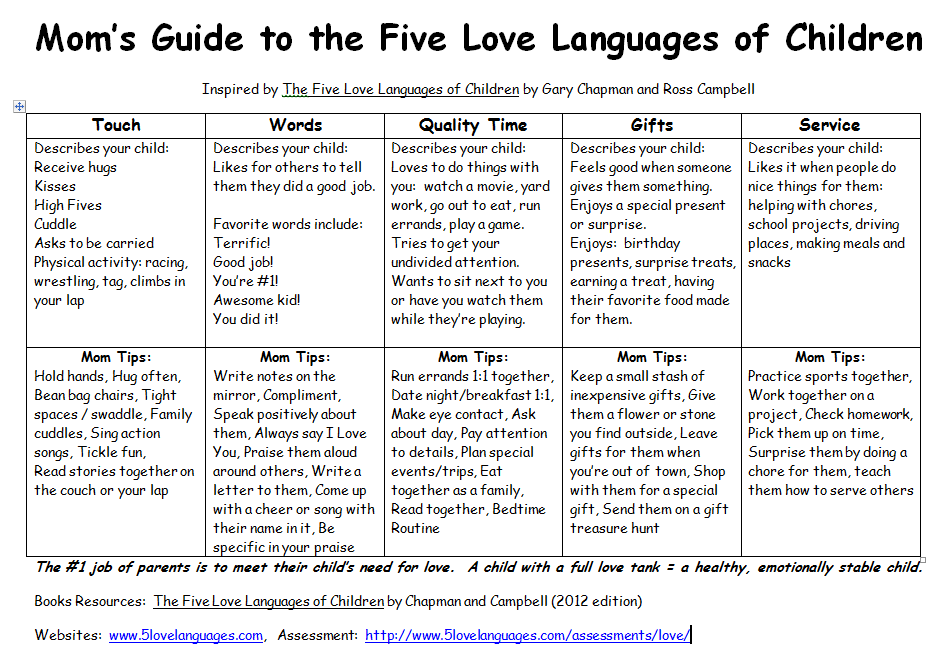
nine0005 5. Leadership or social giftedness is characteristic of children who have the ability to understand other people, build relationships with them, and manage them. Leadership talent implies a high level of intelligence, well-developed intuition, understanding of the feelings and needs of other people, the ability to empathize, a bright sense of humor that helps them to please other people.
6. Psychomotor or athletic talent. Children belonging to this group are distinguished by: energy, desire to participate in all kinds of competitions, outdoor sports, quick reaction, ease of movement, their good coordination, physical endurance.
Giftedness at preschool age (3-7 years old)
If your child has:
- excellent memory combined with early language development,
- extreme curiosity about how this or that object is arranged, why the world is arranged this way and not otherwise,
- manifests the ability to monitor several processes simultaneously ,
- vivid imagination , resourcefulness and rich imagination,
- great sense of humor , he likes funny inconsistencies, word play, jokes,
- advanced mathematical abilities in terms of calculations and logic,
- steady concentration of attention and great perseverance in solving various problems,
- heightened sense of justice, advanced moral development,
- there are difficulties in communication with peers ,
- high energy level (short sleep),
- vision is often unstable has difficulty focusing from close to far (from desk to blackboard),
then we can talk about the presence of distinctive features characteristic of gifted children.
What should parents do?
Answer all the countless questions. Gifted children at 3-4 years of age are very curious and ready to explore all aspects of the world around them. In search of answers to their questions, they are more persistent than the average child. It is very important to show patience, kindness and respect. Use these questions to encourage your child to explore and experiment further. nine0003
Don't over-emphasize classes, as the curriculum narrows the child's thinking rather than broadens it. Traditional classes place too much emphasis on logical, numerical, and linear processes. For a child of preschool age, intuitive, associative thinking is more natural, which develops best in the game, and can be suppressed by early intensive classes using strictly organized materials, like school textbooks. nine0003
A gifted child needs to develop a variety of interests .
For example, actively involve in group activities in music, rhythm, performing arts, etc.
Make room for your child's collections, experiments and favorite activities. Such classes can take the form of elementary natural history (even in a city courtyard), and an ordinary garden or vegetable garden can push a child to study chemistry, a foreign language (all plants have Latin names), and agronomy. The aesthetic pleasure that a child receives from the flowering of various plants, the observation of insects that pollinate flowers, may interest him in biology and entomology. Such activities educate the child industriousness and the joy of knowing the fruits of their own labor. nine0003
If a child refuses to sleep during the day , parents can replace sleep with quiet games: reading, solving a crossword puzzle, listening to a fairy tale, etc. A gifted child “spins at high speeds” all day, so sometimes they need to be reduced.
Yes, parents need a break.
Unite in the creation of "interest groups" . Dads and moms could use their own abilities and arrange activities for all children instead of daytime sleep, which many children stubbornly refuse. For example, to organize classes in a foreign language, since at preschool age the "language" centers of the brain absorb information most effectively. Classes that stimulate group discussions are also good: this is a great opportunity to clarify a thought, propose an idea, and listen to the opinions of others. nine0003
Avoid creating a "halo effect". Remember that a child needs to face situations from an early age in which he does not shine, does not reach the top. The child may take part in and enjoy activities in which he does not excel. Success does not come always and not in everything. Failure is a normal thing that happens to everyone.
Protect your baby from public disapproval and negative reactions from peers and grandparents . Now is not the time for criticism! The baby should strengthen in his position, then it will be easier for him to develop.
Now is not the time for criticism! The baby should strengthen in his position, then it will be easier for him to develop.
Giftedness at primary school age (7-11 years old)
Primary school age plays a special role in the development of a child's personality. The child trusts the elders, this faith is boundless. Children at this age are very sensitive to the assessments of adults. Self-assessment is often a reflection of adults' opinions about the child. nine0003
Often, developed abilities in a child are found in educational activities, and are associated with the development of the cognitive sphere (attention, memory, thinking, imagination).
By the end of primary school age, the authority of adults is gradually lost. Peers play an important role in the lives of children. Communication skills with peers are actively formed and developed, strong friendships are established.
Talented children are often not recognized by adults, as they evaluate, first of all, academic performance and success in school.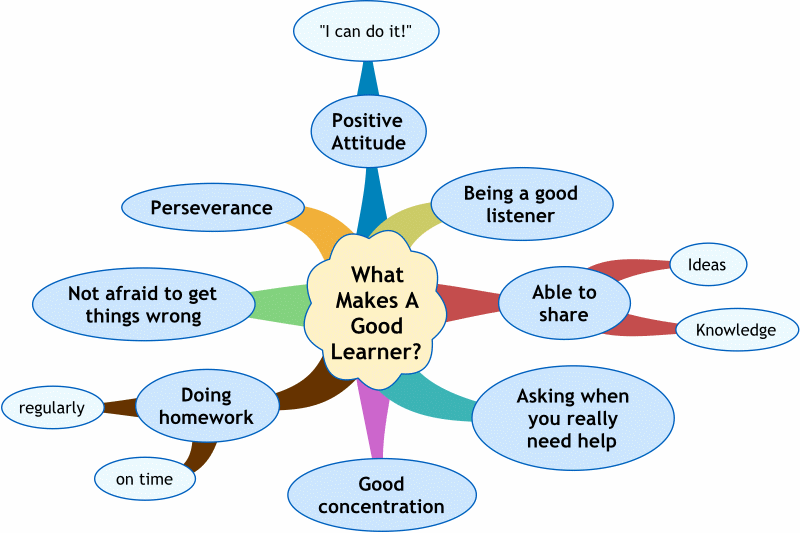 nine0003
nine0003
Parents should pay attention to the following features of the child:
- intelligence above average;
- ability to make decisions;
- sense of responsibility;
- persistence;
- tolerance and patience in working with people;
- enthusiasm;
- the ability to clearly express thoughts orally and / or in writing; nine0128
- liveliness and curiosity;
- independence in action;
- initiative, desire to participate in everything new;
- use of imagination in thinking;
- flexibility in approaches to problems;
- diverse interests;
- sense of humor;
Difficulties in finding like-minded friends; nine0003
Problems of participation in games of peers who are not interested in them;
unwillingness to be like everyone else;
Difficulties at school, where there is no stimulation of intellectual development;
· Early interest in the problems of the universe.
If you notice signs of giftedness in your child:
Firstly , do not limit your child to the school framework, but develop his interests and set new, exciting tasks for him. nine0003
Secondly, You should pay special attention to the problem of the development and upbringing of your gifted child, look for information, as in literature,
as well as in communication with other parents and professionals.
Third , try to devote a week to carefully observing the child, his interests and daily activities. This will help determine the areas in which it is best to invest time and effort. Let your child's curiosity help you determine what interests you should develop and what challenges you should set. nine0003
Diary entries during the week may reveal that the child is overwhelmed with regimented activities, so that he does not have time for reflection or impromptu activities at all. If this is the case, you may need to reconsider your child's motivation for doing this or that activity. Most of all, the child wants to please you and be loved by you, so he often does something to please you. From these positions, it should be remembered that the child really needs free time. Just daydreaming or "hang-out" can be a beneficial change of pace for a child. nine0003
If this is the case, you may need to reconsider your child's motivation for doing this or that activity. Most of all, the child wants to please you and be loved by you, so he often does something to please you. From these positions, it should be remembered that the child really needs free time. Just daydreaming or "hang-out" can be a beneficial change of pace for a child. nine0003
Fourth, You should consider three factors that contribute to excellent achievement: ability, opportunity and personality .
The ability for sharp, vivid perception, abstract and complex thinking, verbal or mathematical ease, or artistic creativity are one of the parameters of giftedness. The outstanding abilities of a gifted child should be perceived and appreciated by the surrounding people.
nine0003
Giftedness in senior school and adolescence
(12 - 18 years old)
Adolescence is a special period in the development of personality.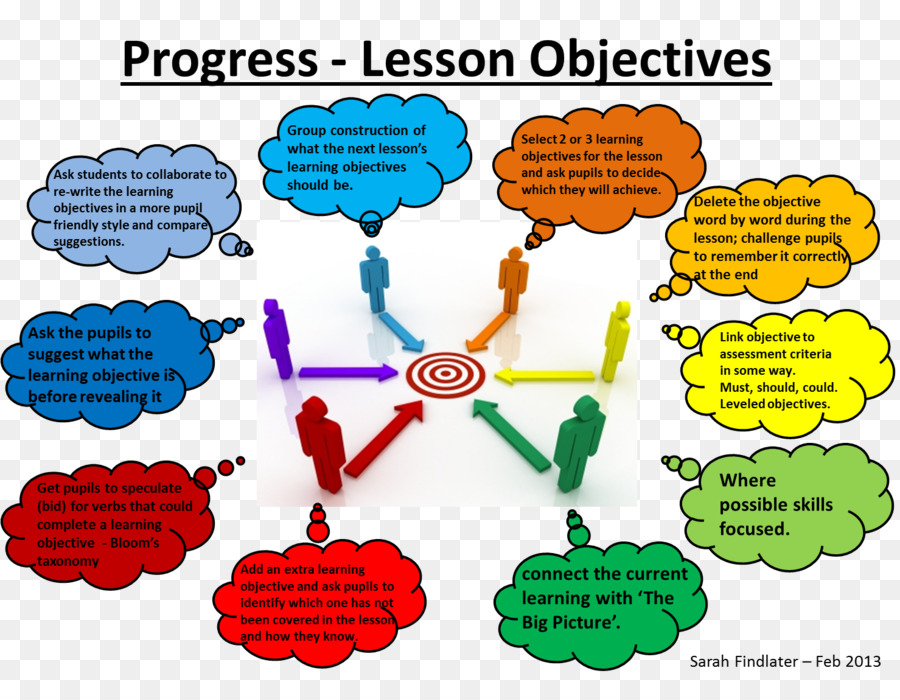
A teenager begins to move away from adults, while expecting an understanding of his aspirations and desires, support and trust. For a teenager, it is important that his elders recognize his equality with him. Otherwise, conflict situations arise.
Age from 12 to 14 years is considered a critical period of development. nine0003
Gifted children often stand out from the rest. Their dissimilarity is explained not only by the brightness and originality of talent, originality and originality of thinking. A gifted child matures faster, develops as a personality earlier, and among his peers he differs due to the presence of certain personal qualities and properties.
Gifted children differ from their peers in a number of ways:
- intelligence above average; nine0128
- heightened sense of justice;
- developed system of personal values;
- well-formed sense of humor;
- the presence of exaggerated fears;
- perseverance in achieving results;
interruption of the interlocutor, as often the child is aware of what is being said or quickly understands the material being presented;
the desire to demonstrate their knowledge and the habit of correcting others in conversation; nine0003
Ridicule of others as a response to a traumatic factor - this is how the child seeks to protect himself from the source of pain with the means available to him.
10 Tips for Parents of Uniquely Gifted Children
Trust your instincts. You know your child better than anyone in the world. Do not assume that professionals know it better just because they are graduates.
Trust your child. If he says he can't do something, don't take it as laziness, stubbornness, or lack of interest. And do not believe those who say that this is the only reason for what is happening. nine0003
Do not forget about the giftedness of the child, trying to cope with his problems. Children get discouraged when they fail to learn something new.
Keep your child's problems in mind when trying to develop his talent. Children become frustrated when they are constantly asked to complete tasks they can't handle. Your child can receive help as both gifted and special needs at the same time. These programs are not mutually exclusive. nine0003
Do not overload your child. If homework takes four times more time for a child than for peers, let him do a quarter of this work.
Seek the good in your child and make time for activities that both of you enjoy. When things go wrong, it's very easy to lose sight of what we love about our children and not find time for enjoyable activities.
Don't forget about yourself. If you fall apart from overwork and lack of attention to yourself, it will not be good for anyone. nine0003
Know where to put the end. Some situations cannot be corrected. If your child's position in school is completely hopeless, it may be time to consider alternatives (another school, home schooling, whatever).
Support network. Local support groups are very helpful. In addition, a whole world is opening up on the Internet, which allows us to connect with other people at any time of the day or night, where we can find invaluable support and information. nine0003
How to identify a gifted child - features of work and education of gifted children, development of giftedness
<
Who are gifted children
Gifted children have a high potential in any field of activity. American psychologist Joseph Renzulli believes that giftedness lies at the intersection of ability to do something, creativity and motivation.
American psychologist Joseph Renzulli believes that giftedness lies at the intersection of ability to do something, creativity and motivation.
-
Gifted children are often referred to as " geeks " ( from the German "wonder child" ), but these terms must be distinguished.
Gifted children are distinguished by a high rate of development , that is, by a potential that can develop into talent or die out. Every fiftieth child is considered gifted in one area or another.
Geeks, on the other hand, are ahead of developmental norms from an early age and demonstrate culturally significant achievements. For example, Wolfgang Amadeus Mozart created his first piano works at the age of five, and the mathematician Blaise Pascal wrote a scientific treatise at nine. A child prodigy is born one in a million people. nine0003
Giftedness is a set of abilities that can be applied to the interests of the child.By developing only one skill, you can not assume that you are improving the giftedness.
Elena Petrusenko, psychologist "Home School of Foxford"
mit
Types of gifted
unified classification, but more often psychologists distinguish five types of giftedness:
0005
 A special case is creative talent, that is, children's propensity for drawing, dancing, music, versification, acting and other arts.
A special case is creative talent, that is, children's propensity for drawing, dancing, music, versification, acting and other arts.
How to identify a gifted child
Giftedness is the result of a complex interaction of heredity, upbringing and self-development. In 50% of cases, the special abilities of the child are manifested by the age of 5–6 and are fully revealed by 8.
To date, there is no single method that would accurately determine whether a child is gifted or not.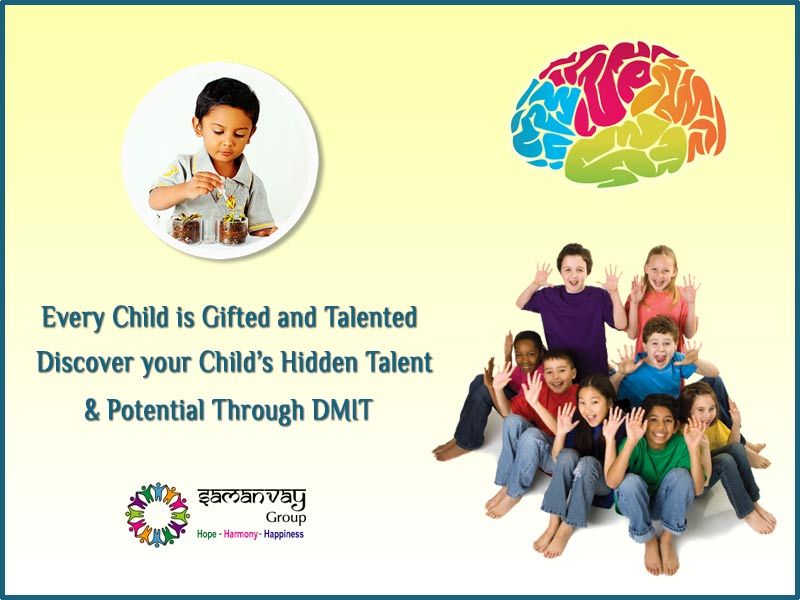 As a rule, a complex of different tests is used. For example, the Stanford Achievement Test is used to assess the level of intellectual development, and the Torrens test is used to identify creative inclinations. nine0003
As a rule, a complex of different tests is used. For example, the Stanford Achievement Test is used to assess the level of intellectual development, and the Torrens test is used to identify creative inclinations. nine0003
At home, a child's giftedness can be revealed only by observing how he spends time and what topics make him fire in his eyes, as well as helping him find himself in various activities.
Here are some factors that can indicate a child's giftedness. These criteria are not mandatory, but may appear from time to time:
- Early development. Gifted children often learn to speak, read and write before others. nine0128
- Good concentration and memory. If a child easily memorizes verses, lyrics and facts of interest to him, he may be gifted.
- Developed speech. The vocabulary of gifted children, as a rule, is wider than that of their peers.
 They easily introduce new words into the lexicon and use them skillfully.
They easily introduce new words into the lexicon and use them skillfully. - Mobile thinking. Gifted children learn hypothetical and abstract thinking early. They tend to improve games and find tricky ways to solve problems. nine0128
- Rich fantasy. By the way and what a child plays, one can also judge his giftedness. Talented children tend to invent entire worlds, plots with unbanal twists and selflessly transform into characters of their fantasies.
- Cognitive interest. Gifted children may be interested in deeper topics than their peers. If a child shows interest in a particular topic or activity for a long time and persistently, is not satisfied with simple answers and longs to get to the bottom of it, this may be a sign of talent. nine0128
Identification of giftedness in a child should not be an end in itself, but it can help to reveal the child's potential. To do this, you need to encourage his hobbies, even if they do not seem to be something worthwhile. A child who loves to invent non-existent words may become an outstanding linguist in the future, and a young lover of drawing patterns in school notebooks has a chance to grow up to be a popular designer.
A child who loves to invent non-existent words may become an outstanding linguist in the future, and a young lover of drawing patterns in school notebooks has a chance to grow up to be a popular designer.
The world always makes higher demands on those who are not up to standard. The society reacts actively: competitions, olympiads, expectations of relatives and teachers, envy of peers. Failure and competition create tension that makes it difficult to focus. Therefore, it is important for gifted children to seek psychological counseling - to anticipate problems so as not to solve them later. nine0042
Elena Petrusenko, psychologist at Foxford Home School
Schools for Gifted Children
Tyumen State University School for the Gifted.Source: abiturient.utmn.ru
Gifted children need a special approach based on several principles:
- Reliance on motivation.
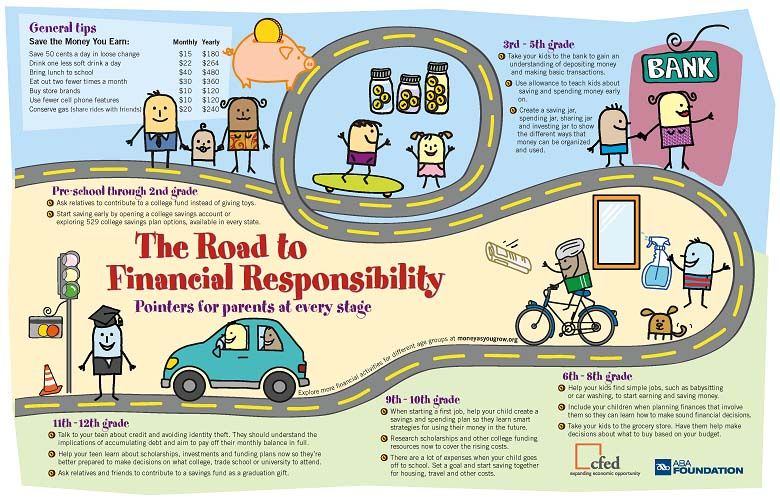 Learning should nurture the child's innate cognitive interest.
Learning should nurture the child's innate cognitive interest. - Freedom of choice. The school should give students the right to receive knowledge, and not force them to study what they do not like. nine0128
- Individualization. The child should be able to devote more time to subjects that interest him.
- Respect for independence. It is important for gifted children to find answers themselves, “chewing” the material kills the motivation to learn.
- Freedom of expression. Gifted kids have their own point of view on almost everything. It is important that they can express it without problems.
- Project activities. Designing projects that involve children's different abilities develops them and awakens their interest. nine0128
- Group work. Many gifted children are introverts and individualists. Working in small groups allows them to develop communication skills.
- Tolerance. Some gifted kids find it hard to follow school rules, especially if they don't see the point in them.
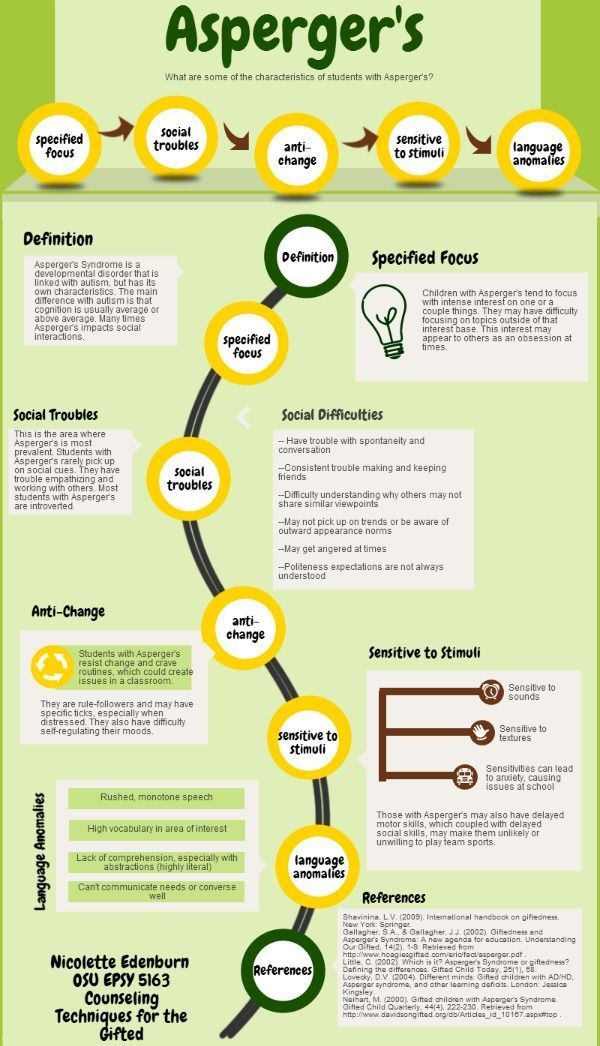 Teachers should treat their peculiarities with understanding.
Teachers should treat their peculiarities with understanding. - Teacher training. Teachers should know how to work with gifted children. Teachers are required to have sensitivity, developed empathy, a broad outlook, and a creative outlook. nine0128
There are few schools in Russia that meet these conditions. Most are located in major cities. Here are the most famous of them:
- Boarding school of Moscow State University. M.V. Lomonosov Moscow State University (Moscow)
- HSE Lyceum (Moscow)
- Intellectual Boarding School (Moscow)
- Letovo School (Moscow)
- Sirius Educational Center (Sochi)
- N.N. Dubinin (Vladivostok)
- Governor's Svetlensky Lyceum (Tomsk)
One of the options for educating young talents is family education. Parents can choose the right program for their child and create comfortable conditions for classes. Family education allows you to devote more time to additional activities, combine studies with tours, sports competitions, or complete the program faster than peers.
Tips for parents of gifted children
Together with psychologist Elena Petrusenko, we have prepared some tips for raising gifted children. nine0003
Advice 1. Contact a specialist
If you notice that your child is showing unusual abilities, contact a specialist. A psychologist will help determine the type of giftedness, and a tutor will help you choose a suitable development program.
<>
Tip 2. Try different things
Develop your child's talents by attending clubs and sections. There he will not only be able to learn more about his favorite business, but also meet like-minded people. nine0003
Advice 3. Don't push
It happens that a child does not want to do what he has a predisposition to. For example, having absolute pitch, he hates to sing and loves hockey. He has a right to it.
You should not demand unconditional success from a child in everything he does.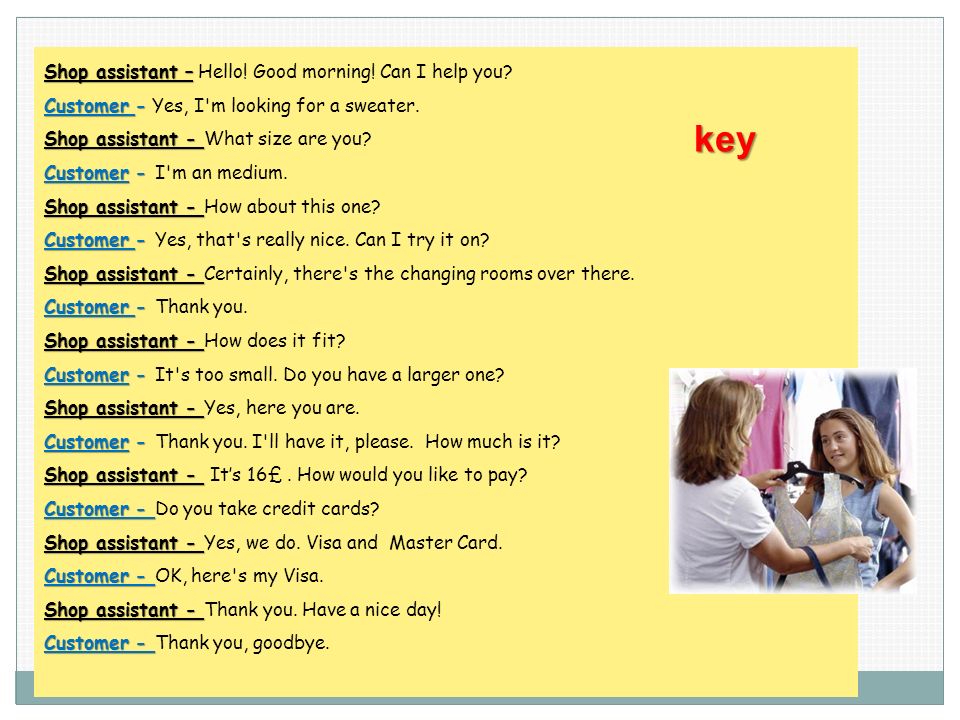 This leads to the development of an excellent student syndrome, which can have sad consequences.
This leads to the development of an excellent student syndrome, which can have sad consequences.
Tip 4: Praise but don't overpraise
No matter how impressive the abilities, it is not necessary to constantly emphasize the exclusivity of the child. Belief in his own superiority is unlikely to help him join any team. And if, with age, the child ceases to be ahead of others in development, he may suffer severe disappointment.
Advice 5. Balance development
If a child is an intellectual, he still needs to move a lot and be in the fresh air regularly. For a young athlete, in turn, it is important not to forget about mathematics, spelling and other disciplines. nine0003
Tip 6. Look for like-minded people
Precocious children often have difficulty communicating. Peers shun them, or they themselves avoid contact with other children. It is important to help the child find a company in which he will become his own. It does not have to be peers, perhaps it will be more interesting for him with older guys. The main thing is that they understand his way of thinking and share his interests.
It does not have to be peers, perhaps it will be more interesting for him with older guys. The main thing is that they understand his way of thinking and share his interests.
Tip 7: Be sensitive
Don't let your child's giftedness become a barrier between you. If his hobbies are not close to you and you don’t even understand what he is talking about, look for other points of contact and keep in touch. No matter how developed a child is, he is still a child, and he needs your love, support and approval.
Advice 8. Love the child as he is
If the child's abilities become average with age, don't be discouraged. Half of the gifted children by the age of 15 cease to stand out among their peers, and only a few grow into real geniuses. nine0363
Giftedness in childhood does not guarantee success in adulthood. In turn, not all talented adults in childhood showed giftedness.
The presence or absence of any talents in a child should in no way affect your attitude towards him.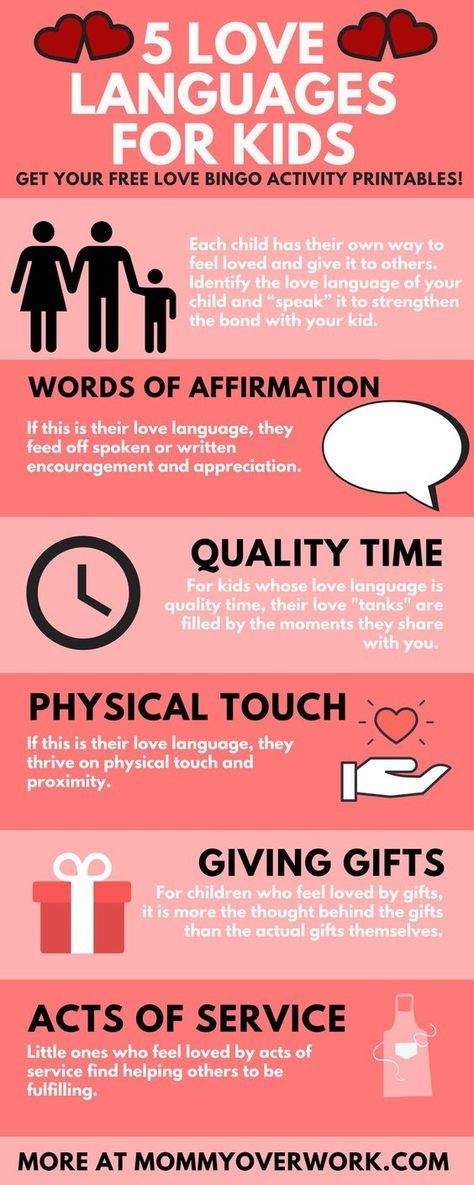
 The role of the teacher is crucial for spotting and nurturing talents in school.
The role of the teacher is crucial for spotting and nurturing talents in school. Watching or relying on someone who is expected to succeed does little to increase a struggling student’s sense of self-confidence.2 Similarly, gifted students benefit from classroom interactions with peers at similar performance levels and become bored, frustrated, and unmotivated when placed in classrooms with low or average-ability students.
Watching or relying on someone who is expected to succeed does little to increase a struggling student’s sense of self-confidence.2 Similarly, gifted students benefit from classroom interactions with peers at similar performance levels and become bored, frustrated, and unmotivated when placed in classrooms with low or average-ability students.
 For example, reliance on a single test score for gifted education services may exclude selection of students with different cultural experiences and opportunities. Additionally, with no federal money and few states providing an adequate funding stream, most gifted education programs and services are dependent solely on local funds and parent demand. This means that in spite of the need, often only higher-income school districts are able to provide services, giving the appearance of elitism.
For example, reliance on a single test score for gifted education services may exclude selection of students with different cultural experiences and opportunities. Additionally, with no federal money and few states providing an adequate funding stream, most gifted education programs and services are dependent solely on local funds and parent demand. This means that in spite of the need, often only higher-income school districts are able to provide services, giving the appearance of elitism.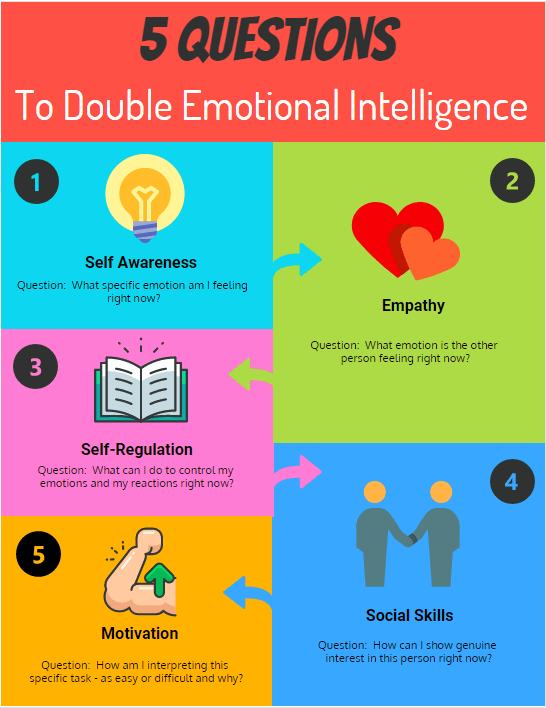 Other students may mask their abilities to try to fit in socially with their same-age peers and still others may have a learning disability that masks their giftedness. No matter the cause, it is imperative that a caring and perceptive adult help gifted learners break the cycle of underachievement in order to achieve their full potential.
Other students may mask their abilities to try to fit in socially with their same-age peers and still others may have a learning disability that masks their giftedness. No matter the cause, it is imperative that a caring and perceptive adult help gifted learners break the cycle of underachievement in order to achieve their full potential.
